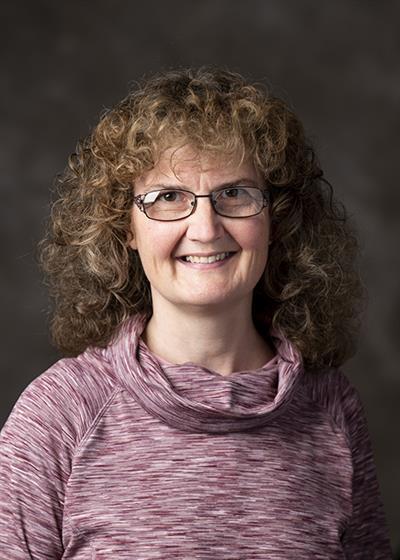-
About
- Leadership & Faculty
- News & Events
-
Admissions
-
Academics
- Graduate
- Advanced Clinical Training
- Continuing Education
- Academic Departments
- Academic Offices
- Simulation Experiences
-
Student Life
- Offices
-
Research
-
- Transformative Research
- Centers & Shared Resources
-
-
Hospitals & Clinics
- Emergency Care
- Hospital Services
-
Community Outreach
- Volunteer

Daniela Bedenice
Dr.med.vet., DACVIM (LAIM), DACVECC

Research/Areas of Interest
Comparative respiratory physiology and non-invasive pulmonary function testing (equine, canine, camelid). Large animal neonatal and adult critical care. Emerging infectious diseases in camelids.
Education
- Doctor of Veterinary Medicine, Free Univ of Berlin, Germany, 1997
Biography
A leading expert on llamas, alpacas and other camelid species, Dr.Daniela Bedenice brings a wonderful range of expertise to the Hospital for Large Animals. In addition to her camelid care, Dr. Bedenice takes great pride in her work with foals and adult horses.
Dr. Bedenice grew up in rural Germany, where she trained and cared for many horses, and even accompanied her local veterinarian on nearly two years' worth of farm calls. I guess I was hooked, she says. After earning her veterinary degree from the Free University of Berlin,Dr. Bedenice undertook a residency with a private practice. Soon after, she moved to the United States, earned her board certification in both veterinary internal medicine and emergency and critical care, and joined the faculty at the Cummings School.
Dr. Bedenice was drawn to The Hospital for Large Animals because it offered a unique environment of collegiality, mentorship, intellectual wealth and professional challenge, all of which presented the opportunity to make a significant contribution to the veterinary profession.
As an Assistant Professor in the Department of Clinical Sciences at the Cummings School of Veterinary Medicine,Dr. Bedenice leads and contributes to a variety of courses and clinics, including large animal internal medicine, gastro-intestinal disease and neurology, camelid medicine, gastro-intestinal pathophysiology, neuro-pathophysiology, toxicology, clinical pharmacology. She also serves as a facilitator for the Problem-Based Learning course. The greatest honor is to observe the professional growth and enthusiasm of those you had the pleasure of teaching, she says.
Dr. Bedenice grew up in rural Germany, where she trained and cared for many horses, and even accompanied her local veterinarian on nearly two years' worth of farm calls. I guess I was hooked, she says. After earning her veterinary degree from the Free University of Berlin,Dr. Bedenice undertook a residency with a private practice. Soon after, she moved to the United States, earned her board certification in both veterinary internal medicine and emergency and critical care, and joined the faculty at the Cummings School.
Dr. Bedenice was drawn to The Hospital for Large Animals because it offered a unique environment of collegiality, mentorship, intellectual wealth and professional challenge, all of which presented the opportunity to make a significant contribution to the veterinary profession.
As an Assistant Professor in the Department of Clinical Sciences at the Cummings School of Veterinary Medicine,Dr. Bedenice leads and contributes to a variety of courses and clinics, including large animal internal medicine, gastro-intestinal disease and neurology, camelid medicine, gastro-intestinal pathophysiology, neuro-pathophysiology, toxicology, clinical pharmacology. She also serves as a facilitator for the Problem-Based Learning course. The greatest honor is to observe the professional growth and enthusiasm of those you had the pleasure of teaching, she says.